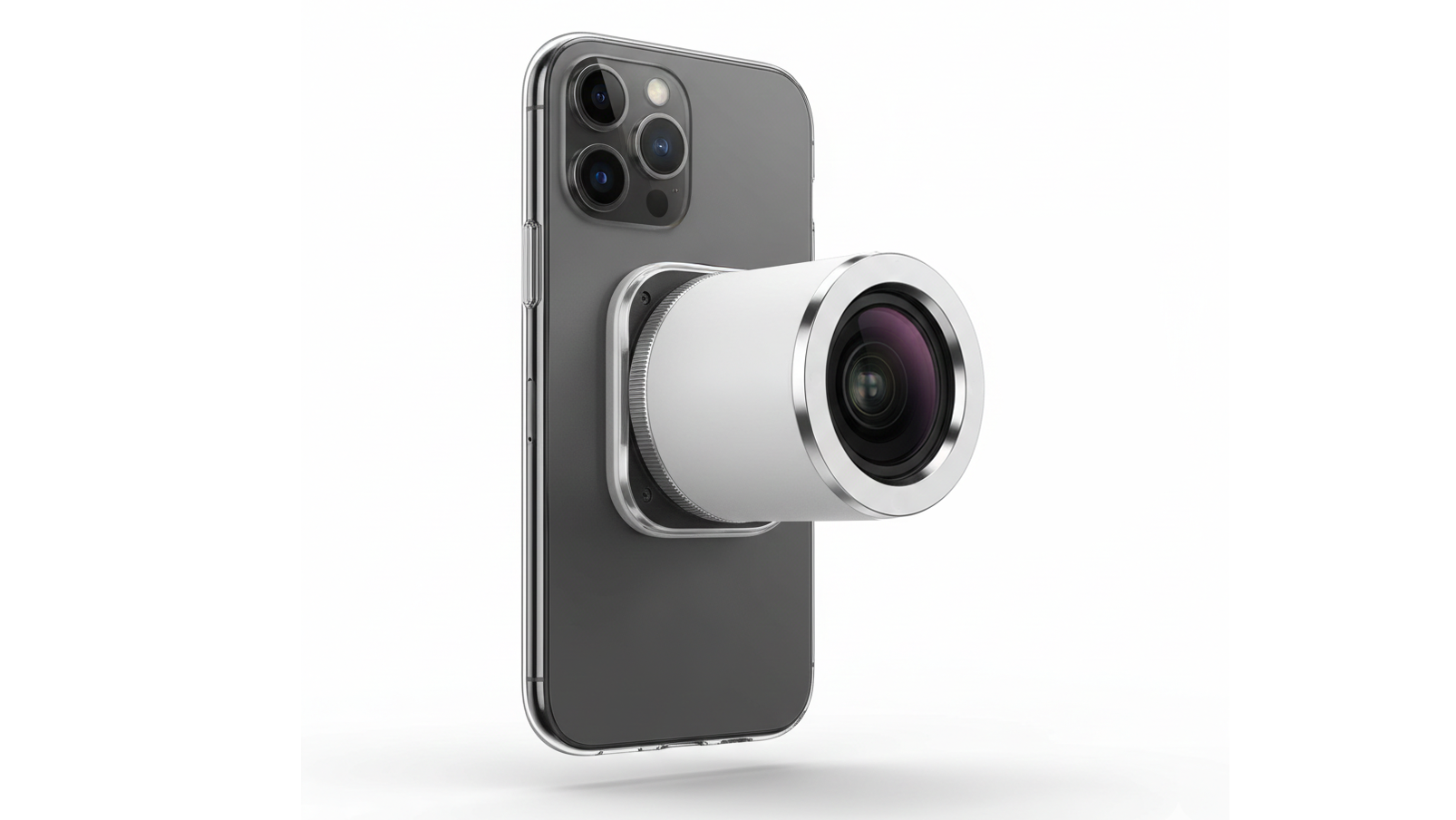Who the heck buys a camera that only shoots black-and-white?
Black-and-white cameras – as in, cameras that ONLY shoot in mono – are selling like hot cakes. But who is buying them?

I know that black-and-white cameras are a thing. And I know that they aren't a new thing. But what I don't know is exactly who is buying these things.
In case you've somehow missed this phenomenon, there is an entire category of cameras that literally only shoot black-and-white photographs (and black-and-white video). And you'd be forgiven for thinking that this is the niche of the niche, but this year there have been not one but two brand new black-and-white cameras launched: the Leica M11 Monochrom and the Pentax K-3 Mark III Monochrome.
To put this in context, no manufacturer is currently making a dedicated astrophotography camera; the last one, the Canon EOS Ra, was launched in 2019 and quietly discontinued in 2021.
Now you might argue that – quite rightly – in terms of genres, more people shoot black-and-white photography than shoot astrophotography. However, you can't just switch any camera into "astro mode" (since the best astrophotography cameras have specially redesigned image sensors) – but you can switch any camera into black-and-white mode.
And that's if you even shoot your mono images in mono to begin with; it seems that the vast majority of photographers just shoot color shots, and convert them into black-and-white after the fact.
The longwinded point I'm making is, who the heck is spending money on these black-and-white-only cameras? Because it's not like just one or two people are doing it; Leica releases a new $9,000 Monochrom every camera cycle, and Pentax literally can't keep up with demand for the K-3 Monochrome, which is constantly on back-order.
I guess it's not entirely without sense. After all, if you want to shoot black-and-white images on a film camera, you have to load black-and-white film – which obviously means that you can't shoot any color (at least, not until you've spent all 36 (or however many) exposures, then your camera can shoot color again if you want it).
The best camera deals, reviews, product advice, and unmissable photography news, direct to your inbox!
But spending nine grand on a camera (or even two and half, in the case of the Pentax) on a camera that can and will only ever shoot mono images? I just don't know who does that.
If you know – or, indeed, if you are – someone who does, I would genuinely love to hear from you. Because I get the theory: you want a "pure" camera that shoots exactly the images you want, without "engineering" them from a color sensor.
But I shoot a lot of black-and-white photographs, and I always post-process them to push and pull the film or digital levels – and I don't know anyone who shoots black-and-white who doesn't do that.
So… if you edit your black-and-white images anyway, then why not just edit the ones that come out of a color camera, since you're "re-engineering" them either way? Answers on a postcard, please.
If you enjoyed this article, you might be interested in how to shoot the best black and white photography. For post-production, here's how to convert a black-and-white image in Photoshop, as well as how to print professional black-and-white photos.

James has 25 years experience as a journalist, serving as the head of Digital Camera World for 7 of them. He started working in the photography industry in 2014, product testing and shooting ad campaigns for Olympus, as well as clients like Aston Martin Racing, Elinchrom and L'Oréal. An Olympus / OM System, Canon and Hasselblad shooter, he has a wealth of knowledge on cameras of all makes – and he loves instant cameras, too.
